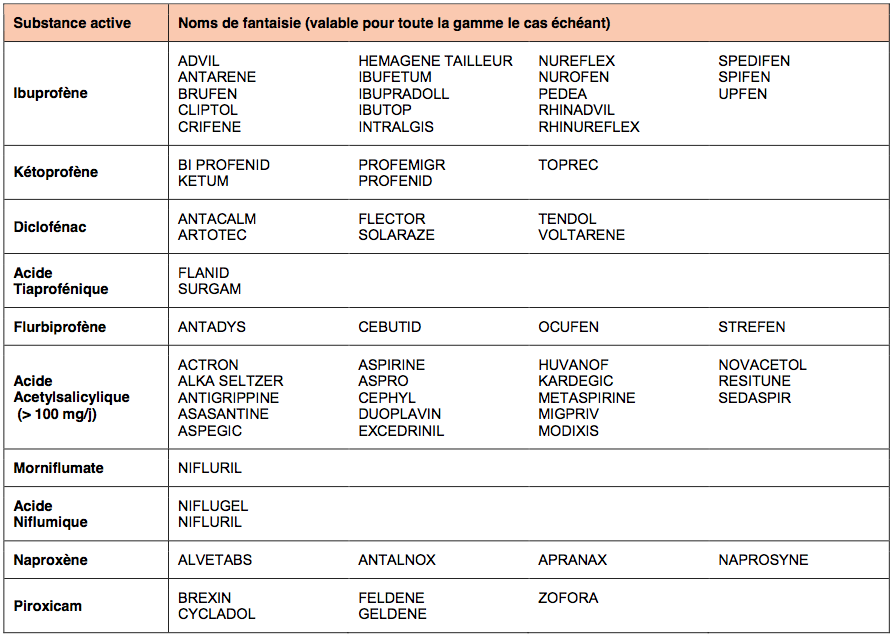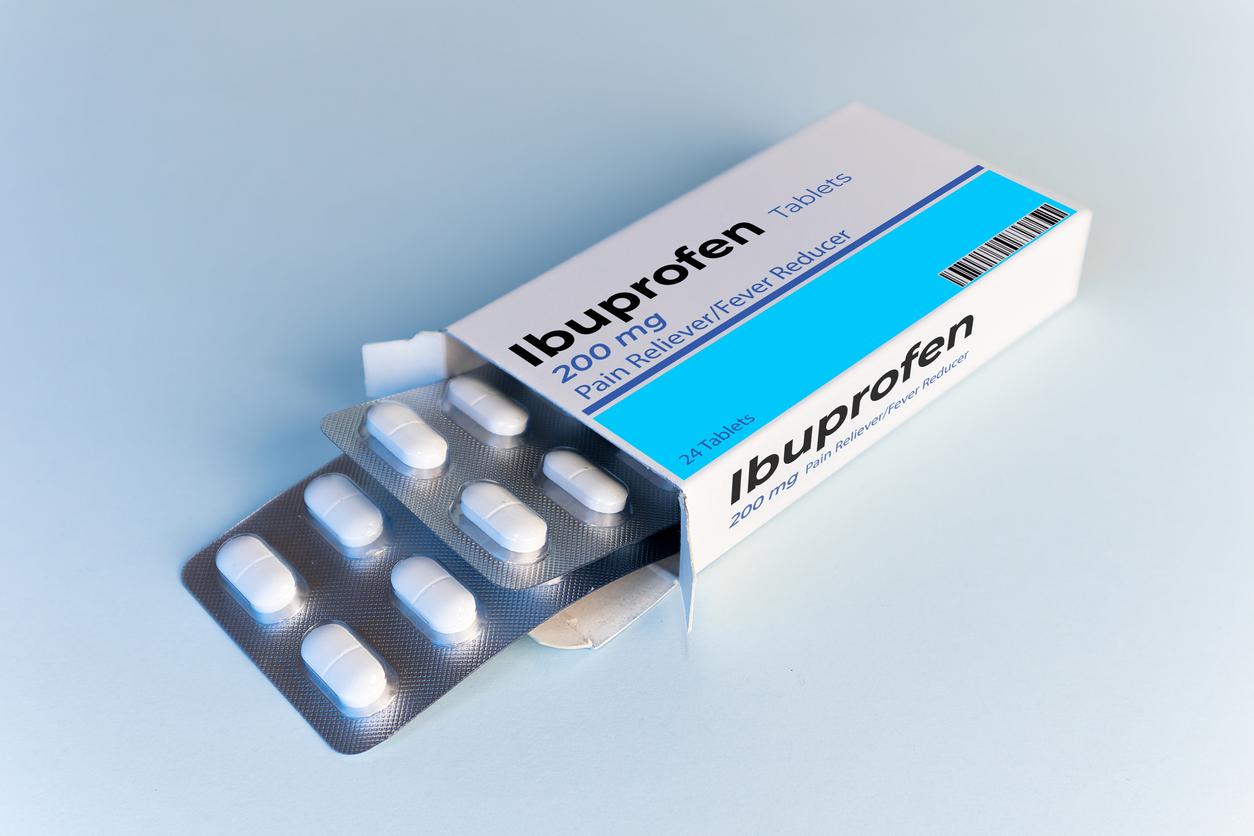Nonsteroidal anti-inflammatory drugs are dangerous for the fetus, recalls the ANSM. They should never be used after the 5th month of pregnancy.

Few drugs are authorized during pregnancy, in particular in the range of anti-inflammatory and painkillers, although they are “commonly” consumed. Nonsteroidal anti-inflammatory drugs (NSAIDs) are usually used to treat pain, fever flares and inflammation (joints, ENT). But they are particularly not recommended for pregnant women.
From the 6th month of pregnancy, these drugs can indeed cause serious heart and lung problems, which may lead to the death of the baby before or after birth. And this, from the first medication.
Yes to aspirin, but at a low dose
The National Medicines Health Agency (ANSM) wished to recall, this Thursday, through a press release, the importance of this information. Many of these drugs, such as ibuprofen, are available without a prescription, and therefore subject to self-medication. She thus wishes to remind all pregnant women to ban any use of NSAIDs, regardless of the method of administration of the drugs.
The oral and injectable forms are concerned, but also ointments and gels, as well as suppositories or eye drops. All NSAIDs are affected by this warning, except aspirin which benefits from a partial exemption. Its use is not recommended, but possible for a dosage of less than 100 mg per day. Conversely, two drugs are prohibited for the duration of pregnancy: celecoxib and etoricoxib.
The agency has provided a non-exhaustive list of the drugs concerned (see below). If a drug that is not on this list raises doubts, it is always possible to check the information about it on the public drug database.

Consult in all cases
Women who have taken NSAIDs after the 5th month of pregnancy without a prescription from their doctor must stop their treatment immediately, if they are still taking it. Even if they have only taken one ibuprofen pill in the last three months of pregnancy, they are strongly advised to consult their doctor or gynecologist.
In clinical cases that allow it, NSAIDs can be replaced by paracetamol. This January 25, the ANSM had just relayed the opinion in favor of taking paracetamol during pregnancy, issued by the European Medicines Agency. After reviewing the scientific literature, its pharmacovigilance committee had in fact considered that it did not present any neuro-developmental risks on children exposed to the molecule. in utero. Its use should however be limited as much as possible.
NSAIDs, paracetamol, aspirin… What are they used for?
Nonsteroidal anti-inflammatory drugs (NSAIDs) are a very broad class of drugs, with varied routes of administration and characteristics. They all block an enzyme, COX, involved in particular in inflammatory processes, pain and fever.
Ibuprofen is the most prescribed of these, but is also over the counter. Diclofenac, ketoprofen, apranax celecoxib, naproxen, piroxicam, voltarene are also part of NSAIDs.
Aspirin, or acetylsalicylic acid, also widely consumed, is sold without a prescription. It is also part of NSAIDs, with the same analgesic, antipyretic (against fever) and anti-inflammatory properties. It can irritate the digestive mucosa and cause hemorrhages (it decreases the clotting capacity) and allergies, but is allowed during pregnancy, as long as the intake does not exceed 100 mg per day.
Medicines based on paracetamol (Doliprane, Dafalgan, Efferalgan, etc.) are not NSAIDs. They can be used to calm moderate pain (headache, toothache, stiffness), and lower fever. But, unlike the NSAIDs mentioned above, they do not have anti-inflammatory properties, and therefore do not reduce the manifestations that can accompany pain. Their use is possible throughout pregnancy, when clinical conditions require it, but also in children. It is very well tolerated, but before starting a self-medication treatment, it is better to seek advice from your doctor or pharmacist.
.
















